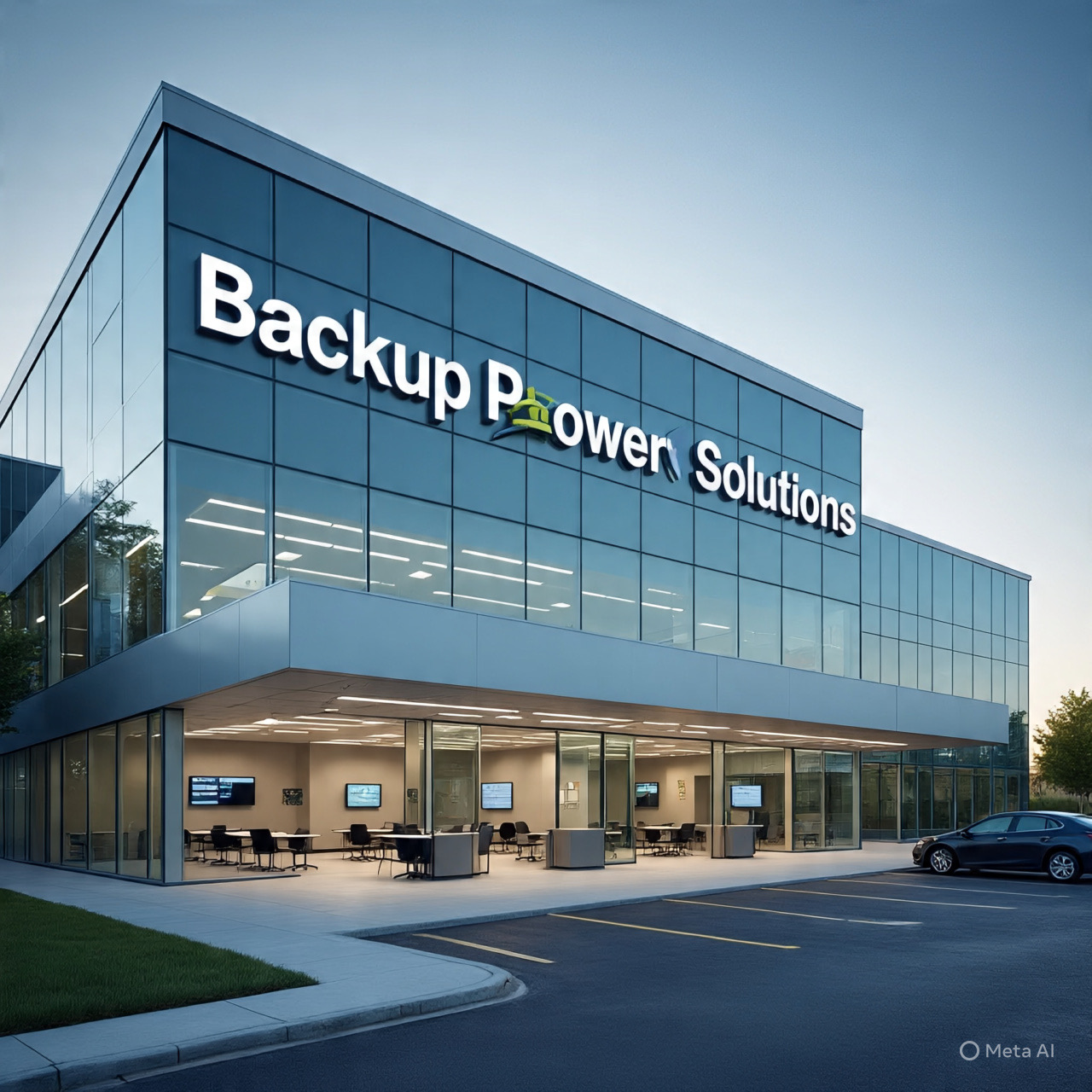The Importance of Backup Power Solutions for Businesses
In today’s fast-paced business environment, uninterrupted access to electricity is crucial for maintaining productivity, protecting data, and ensuring smooth operations. Unexpected power outages can disrupt workflows, delay communication, damage equipment, and lead to financial losses. Companies of all sizes rely on technology, lighting, climate control, and other essential systems that require a consistent power supply. Investing in reliable backup power solutions ensures that businesses can continue operations without significant interruptions, safeguard sensitive information, and maintain the confidence of clients and stakeholders. The consequences of ignoring power continuity can be severe, making it essential for businesses to implement systems that provide seamless energy support. We will explore why backup power solutions are vital and how they contribute to the resilience and stability of any business environment.
Key Benefits of Implementing Backup Power Solutions
-
Ensures Continuous Operations
Power interruptions, even if brief, can halt essential business processes. Manufacturing lines may stop, digital systems can crash, and communication networks might fail, all leading to operational delays and potential revenue loss. Backup power solutions, such as generators or battery systems, provide a reliable source of electricity during outages, enabling businesses to maintain productivity. Hiring a local electrician near Vancouver can ensure these systems are properly installed and maintained for optimal performance. Continuity is particularly important for sectors like healthcare, finance, and e-commerce, where even minor interruptions can have critical consequences.
A continuous power supply helps maintain service standards, prevent downtime-related losses, and protect ongoing projects. Companies that prepare for unexpected outages demonstrate a proactive approach, reducing the stress and disruption that would otherwise affect employees and clients. By investing in systems that automatically activate during power failures, businesses secure a safety net that preserves workflow efficiency.
-
Protects Critical Data and Equipment
Modern businesses depend heavily on electronic systems, including servers, computers, and networking devices. Sudden power cuts can damage hardware and lead to data corruption or loss, compromising operations and exposing the company to security risks. Backup power solutions safeguard these assets by providing a steady energy source, allowing systems to operate normally or shut down safely. Uninterrupted electricity also ensures that security systems, monitoring devices, and temperature-sensitive equipment remain functional.
For example, in offices handling sensitive client data, loss of power could result in irreversible damage or breaches. By integrating backup power systems, businesses can maintain operational integrity, reduce the risk of expensive repairs, and avoid the potential fallout of losing valuable information. This approach demonstrates foresight in protecting both tangible and intangible assets.
-
Maintains Customer Trust and Reputation
Frequent disruptions caused by power outages can negatively affect a business’s reputation. Clients and customers expect timely services and consistent communication. If a business cannot deliver due to energy interruptions, trust can erode quickly. Backup power systems enable companies to continue serving clients without interruption, reinforcing reliability and professionalism. This is particularly important for service-oriented industries, where client satisfaction depends on responsiveness and availability.
Reliable energy systems also support smooth online operations, ensuring e-commerce platforms, customer support channels, and digital tools remain accessible. Businesses that maintain functionality during outages can strengthen relationships with clients, prevent loss of sales, and uphold a positive public image. Investing in continuity strategies sends a clear message that the company values service quality and is committed to meeting customer expectations.
-
Supports Employee Productivity and Safety
Employees rely on electricity for lighting, computers, and operational machinery. Sudden blackouts can halt work, create hazardous conditions, and lead to frustration or decreased morale. Backup power solutions ensure that employees can continue tasks without interruption and remain safe during unexpected outages. In industries such as manufacturing or healthcare, maintaining lighting and equipment operation is essential for safety compliance and preventing accidents. Having a reliable backup system in place fosters a secure working environment, reduces stress for staff, and allows them to focus on their responsibilities without concern for disruptions. Continuity measures also demonstrate that the organization prioritizes employee well-being, creating a supportive culture where staff can work effectively even during emergencies.
-
Reduces Financial Losses from Downtime
Power outages can have a direct impact on a company’s financial performance. Lost productivity, interrupted transactions, and damaged equipment contribute to significant economic losses. Backup power systems minimize these risks by ensuring operations continue smoothly, protecting both revenue streams and operational investments. For businesses with high transaction volumes, downtime can mean missed opportunities, delayed shipments, or unfulfilled orders. The cost of installing backup power solutions is often outweighed by the savings from avoiding losses during unexpected outages. By preparing for potential disruptions, companies create a more resilient business model that can withstand unforeseen challenges and maintain financial stability in volatile situations.
Reliable backup power solutions are essential for businesses seeking to maintain operations, protect assets, and safeguard their reputation. Interruptions in electricity can disrupt productivity, compromise data, endanger employees, and result in financial losses. By implementing effective systems, companies can ensure continuous functionality, preserve critical information, maintain customer trust, and comply with regulatory standards. Investing in backup power demonstrates foresight and strategic planning, equipping businesses to handle unforeseen challenges with confidence. Organizations that prioritize energy continuity position themselves for stability, resilience, and long-term success in an environment where uninterrupted access to electricity is no longer optional but vital.







